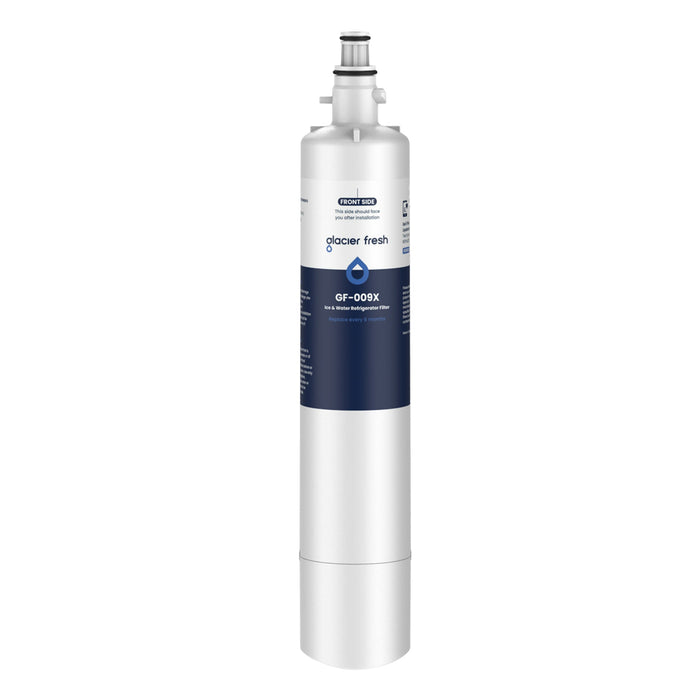The concept of two-seasons filter potential plays a crucial role in modern agricultural practices. This innovative approach not only enhances crop management but also ensures sustainable farming methods. In this article, we will delve into the significance of this filtering technique and its implications for agricultural productivity.

What is Two-Seasons Filter Potential?
The two-seasons filter potential refers to the ability of a filtration system to effectively manage water quality across two distinct growing seasons. This system is designed to optimize water usage, ensuring that crops receive the necessary nutrients while minimizing contaminants. But how does this work in practice? By utilizing advanced filtration technologies, farmers can maintain optimal soil moisture levels, which is essential for crop growth.
Benefits of Implementing Two-Seasons Filter Potential
- Improved Water Quality: The filtration process removes harmful substances, ensuring that crops receive clean water.
- Enhanced Crop Yield: With better water management, farmers can expect higher yields and healthier plants.
- Sustainable Practices: This method promotes sustainable agriculture by reducing water waste and improving resource efficiency.
- Cost-Effectiveness: By optimizing water usage, farmers can reduce costs associated with irrigation and water treatment.
How Does Two-Seasons Filter Potential Affect Crop Management?
Understanding the two-seasons filter potential is essential for effective crop management. When farmers implement this filtration system, they can monitor and adjust water quality throughout the growing seasons. This adaptability is vital, especially in regions where water quality fluctuates significantly. For instance, if a farmer notices a decline in water quality during the first season, they can take proactive measures to enhance filtration before the second season begins.
Challenges and Considerations
While the two-seasons filter potential offers numerous advantages, it is not without challenges. Farmers must consider factors such as:
- Initial Investment: The cost of installing advanced filtration systems can be significant.
- Maintenance Requirements: Regular maintenance is essential to ensure optimal performance.
- Knowledge and Training: Farmers may require training to effectively utilize these systems.
Despite these challenges, the long-term benefits of implementing a two-seasons filter potential system far outweigh the initial hurdles. By investing in this technology, farmers can achieve sustainable growth and enhance their overall productivity.
Conclusion
In conclusion, the two-seasons filter potential is a transformative approach to crop management that emphasizes the importance of water quality. By understanding and utilizing this filtration technique, farmers can significantly improve their agricultural practices. As we move towards a more sustainable future, embracing such innovations will be crucial for the success of global agriculture.








